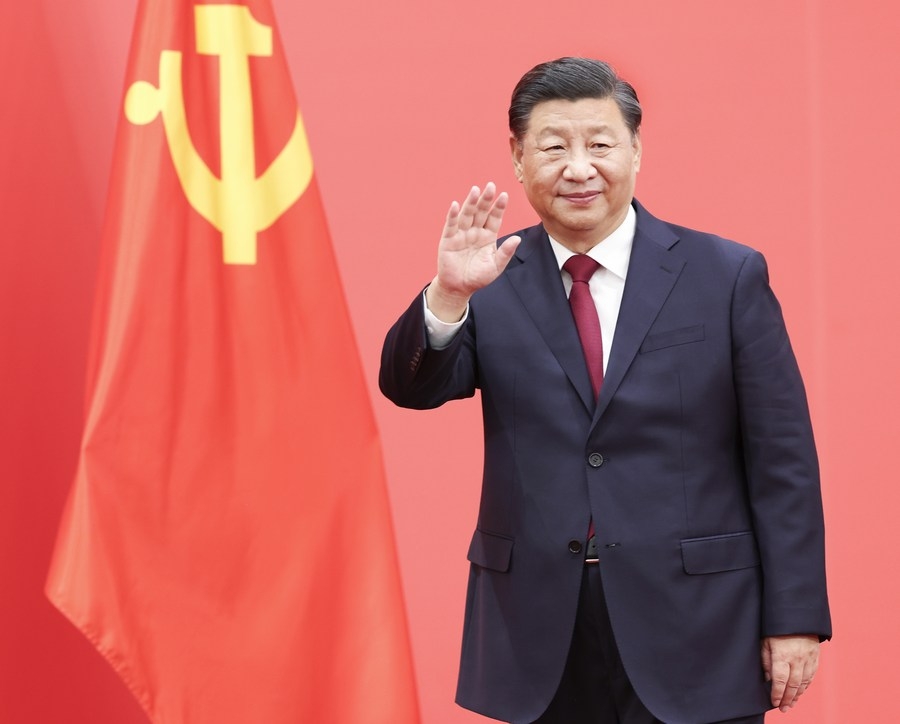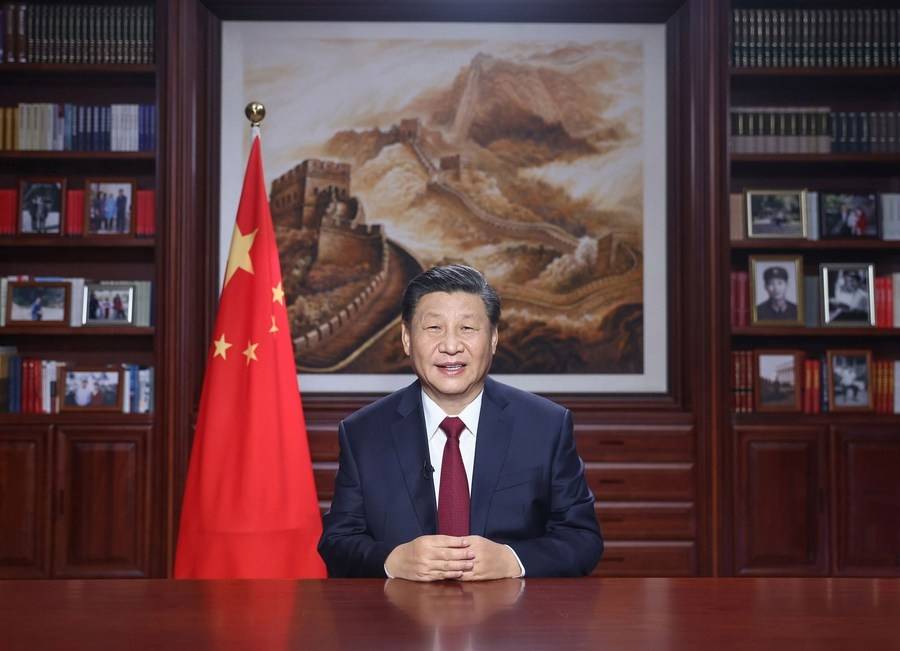UK Universities alignment with Confucius Institutions exposed China’s External Propaganda Schemes. Prime Minister Rishi Sunak has promised to ban all 30 Confucius Institutions across Britain and termed it as the “largest threat to the world’s security and prosperity this century” … A special report by Kaliph Anaz
China’s infamous Propaganda Department led by the Chinese Communist Party (CCP) decrees ‘external propaganda’ to sway opinions on Chinese policies and politics abroad. The nuance of asserting ‘soft power’ by establishing Confucius Institutions (CIs) in the United Kingdom distinguishes its political mission from language and cultural schooling.
Confucius Institutes were administered by Hanban, an abbreviation of the Office of the Leading Small Group (LSG) for the International Promotion of the Chinese Language. The Office was a Ministry of Education unit overseen by LSG and later evolved as the Confucius Institute Headquarters Council (CIHQ Council) in 2009. The LSG/CIHQ was chaired by two successive former United Front Work Department (UFWD) heads turned vice premiers; Liu Yandong and then Sun Chulan.

The Office, i.e., Hanban/CIHQ was gradually integrated into the CCP propaganda system, with propaganda organs represented at the CHIQ Council. The CCP explicitly referred to CIs as an “important component” of external propaganda. The PRC controlled state-media institutions described the integration of Confucius Institutions as a means to “disperse misinterpretation” amongst Western critics. There are about 30 Confucius Institutions within British universities and 150 schools that have been funded to the tune of perhaps £46,000,000 by the Chinese government. Their influence extends well into British politics, academia, and business.
The recruitment of Confucius Institutions staff is done by Chinese stakeholders in China and involves political and ethnic vetting. The members vetted are obligated to follow Chinese law whilst in the UK. Xi Jinping stressed the importance of preventing the barriers to the “integration” of the CIs into the mainstream activities of universities, schools and communities in the UK, at a Hanban central conference in 2012.
CCP’s desires to use Confucius Institutions to infiltrate the study of China in the UK; have come up with strategies to launch a research-focused “Confucius China Studies Program” also referred to as the “New Confucius Sinology Plan,” which allows systematic cooperation between the CIs and host institutions on the projects of doctoral students, youth leadership, study trips for scholars to “understand China”, international conferences and assistance for publishing research.
The CCP is the most powerful political party in China, and its members are required to take an oath of loyalty to it. This invertedly means that members of private-owned companies or state-owned enterprises from China in foreign countries, e.g., Confucius Institutions in the UK are obligated to follow Chinese law; this also explains that every information acquired through CIs is directly being shared with the CCP.
The Hanban agreement clearly states that Confucius Institutions must abide by the “One China” principle. Hanban has distributed books titled “The Economy of Tibet,” “Invest in China,” “The Road to China’s Prosperity; “The Communist Party of China”, and “Contemporary China” as per the agreement to UK’s Confucius Institutions to sway the public perception about China; this act is external propaganda through academia. The British universities must also facilitate a special bank account with the Bank of China under the CI’s name; and set an annual funding to CIs that at least equals Hanban’s contribution, i.e., nearly $150,000 ‘start-up’ fund.
The UK Universities such as UCL, LSBU, Nottingham, Southampton, Ulster, Leeds, Goldsmiths, Edge Hill, Coventry and more have been flagged as outliers for not reporting actual data on how their Confucius Institutions have been funded. There are huge amounts of ‘missing’ funding that range from £9,859,381 to £12,966,014.

The University of Sheffield had established partnerships in/with China/Chinese organisations through Confucius Institutions. The university was on joint ventures with The Institute of Chemistry, Beijing; The Changchun Institute of Applied Chemistry; The Shanghai Institute of Materia Medica; The Beijing University of Chemical Technology; and Beijing Aerospace & Aeronautical University (aka Beihang) “to work together on artificial intelligence and manufacturing”. The concerning aspect is that no universities were able to share a specific risk assessment conducted concerning the impact of CIs on students that specifically belong to a particular group or region, i.e., students from Taiwan or Hong Kong, pro-democracy Chinese students, Uyghur students, and Tibetan students who are likely at risk of being targeted by pro-CCP agencies on UK university campuses.
In light of recent events, Prime Minister Rishi Sunak has promised to ban all 30 Confucius Institutions and termed it as the “largest threat to the world’s security and prosperity this century.”
The Prime Minister has acknowledged China’s promoting soft power through external propaganda that needs to be dealt with swiftly.

Leave a Reply